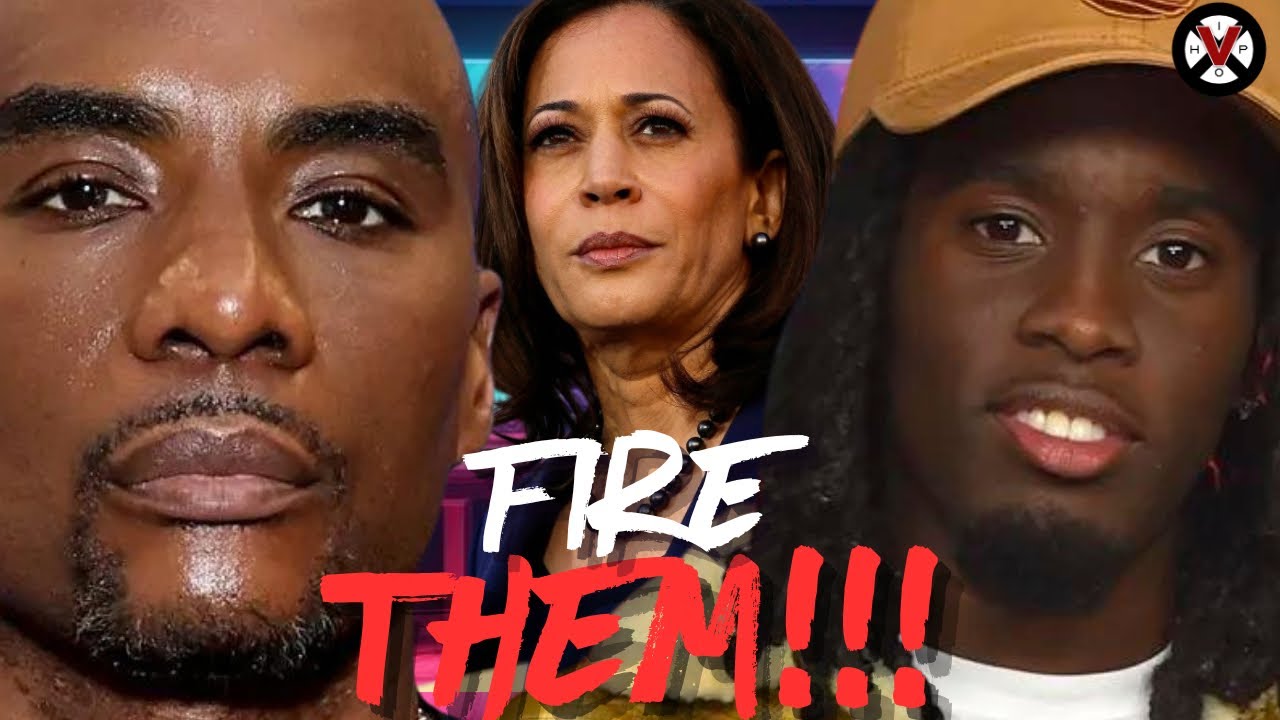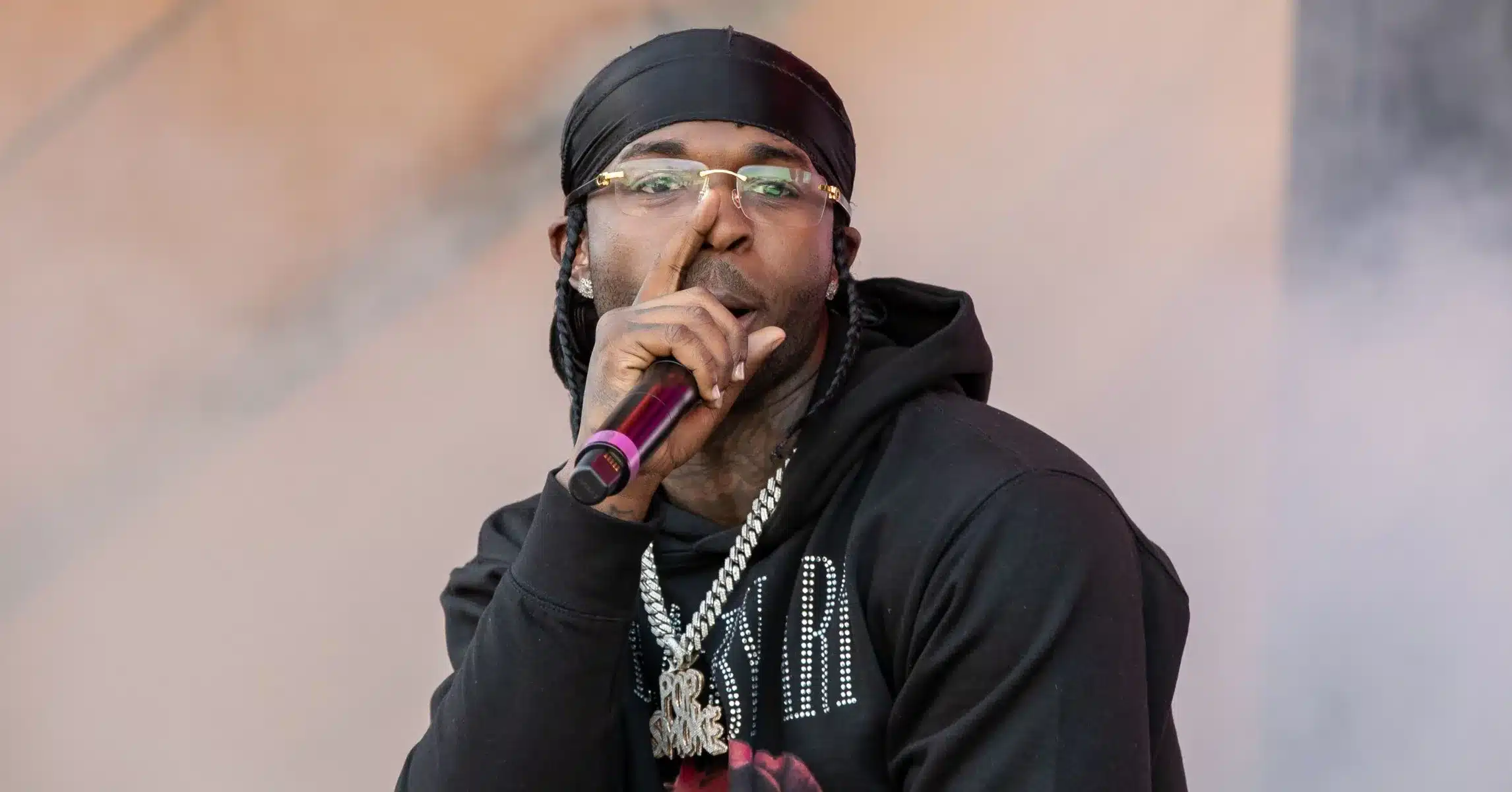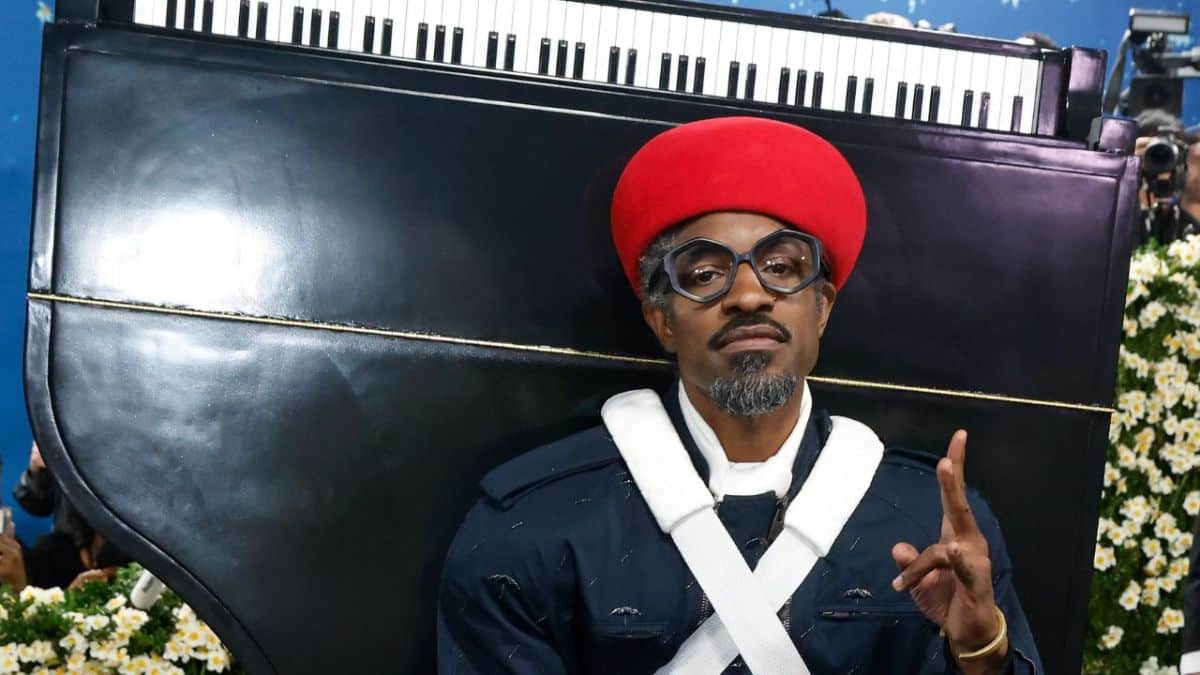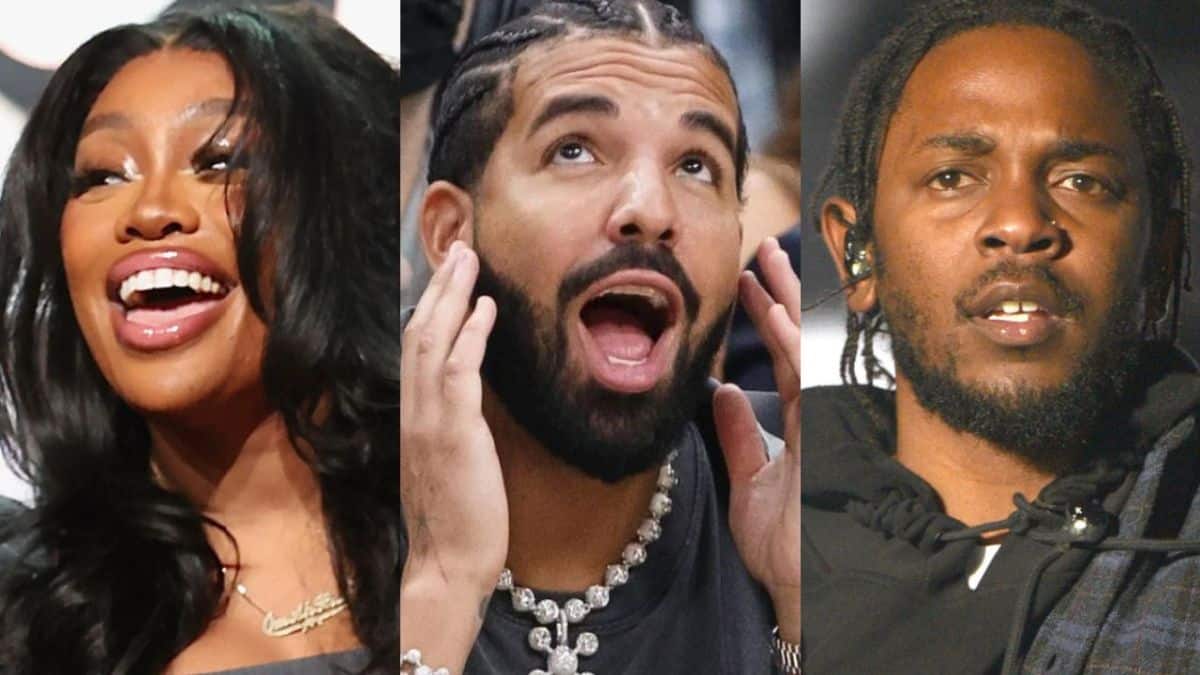In today’s digital age, social media’s impact on politics is undeniable. Recent events showcase this shift, sparking heated discussions.
The intertwining of politics and social influence raises questions about authenticity and intention. Is it all about votes or genuine engagement?
Imagine an interview with Donald Trump gaining over 100 million views in a single day. It’s not just about the numbers, but the ripple effect it creates across digital platforms.
This viral moment proved how influential social media platforms can be, spreading content rapidly while engaging millions who might not tune into traditional media.
When Kamala Harris’s team approached a popular streamer, it raised eyebrows. Are politicians trying too hard to ride the social media wave?
Some feel this approach seems like pandering rather than genuine engagement, particularly targeting young voters engrossed in entertainment content.
The term ‘pandering’ often arises when discussing political moves on social media.
Critics argue that these attempts feel insincere, contrasting with more traditional methods of public engagement.
This strategy seems focused on identity politics rather than substantial policy discussions, leaving some voters skeptical.
Could this approach backfire, creating more distrust among the electorate?
There’s a significant shift in how politicians engage with the public, moving away from traditional forms to more modern, digital interactions.
As people consume content differently, the lines between entertainment and politics blur. It raises questions about where to draw the line.
Some suggest this trend reflects broader societal changes in communication preferences, yet it may lack depth in addressing crucial issues.
Trump’s interaction with a popular content creator differed. It included more pointed questions, sparking deeper political conversations.
In contrast, Harris’s approach faced criticism for targeting a demographic potentially disinterested in politics.
These strategies highlight the evolving nature of political engagement in the digital era, each with its unique strengths and weaknesses.
Given the current landscape, it’s imperative to question how these strategies shape future electoral processes.
Will the continued fusion of entertainment and politics redefine traditional campaign strategies?
This blend could potentially increase political apathy or, conversely, spur greater interest among younger voters.
Politicians must find a balance between engaging voters and maintaining authenticity.
Without this equilibrium, there’s a risk of further alienating the electorate already wary of political motives.
Social media undeniably reshapes political landscapes. The key question remains: Will this lead to meaningful engagement or superficial connections?
As politicians continue to explore these avenues, the impact on voter trust and participation will be revealing, marking a new era of political dialogue.




